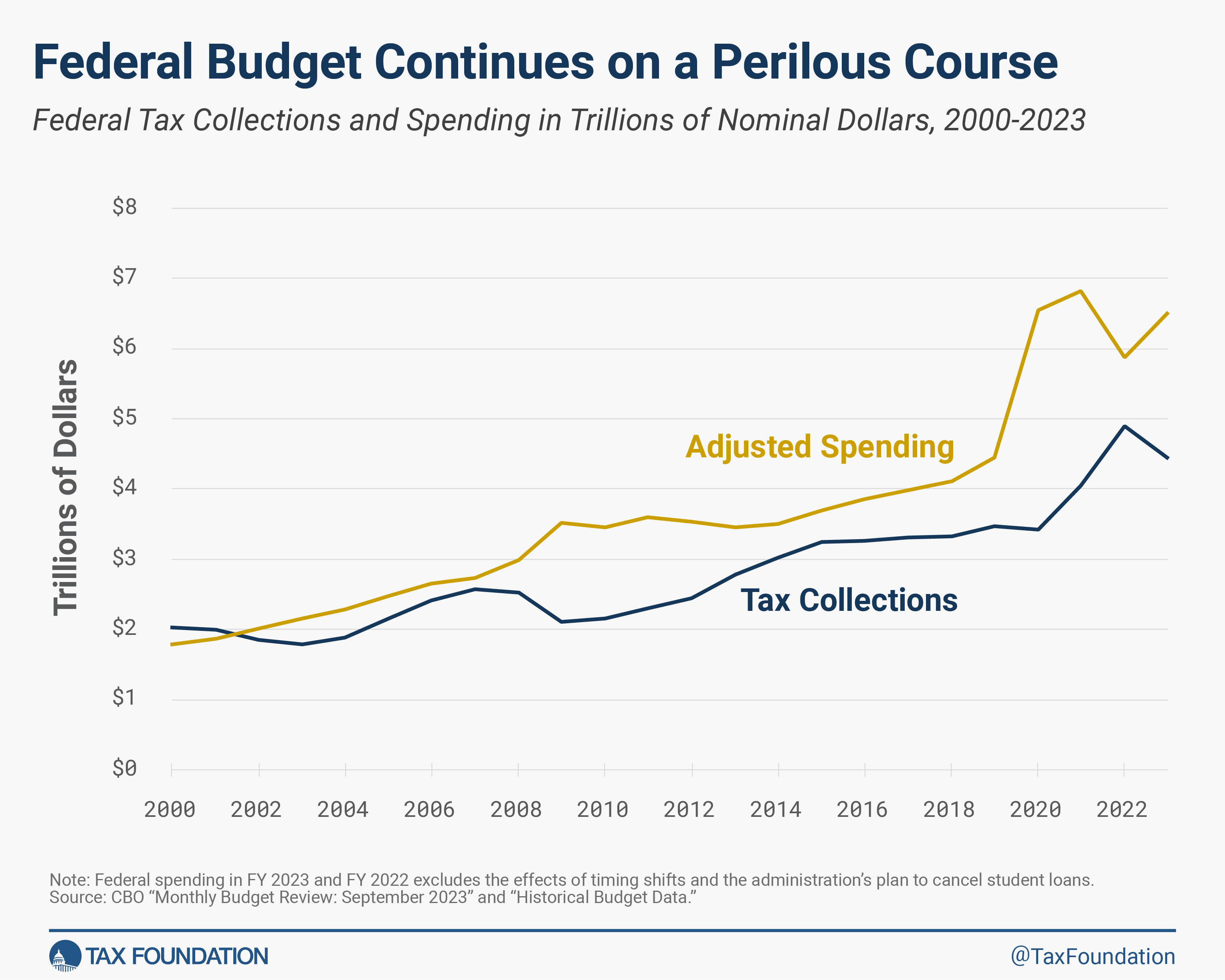Sustainability and Competition: From Hot Topic to Business As Usual?
More than three years after it published the first draft guidelines on sustainability agreements, the Dutch Authority for Consumers and Markets (ACM) adopted a final policy rule
In the meantime, the practice of the ACM has shown that most sustainability initiatives can be assessed within the current competition law framework. Sceptics could even be tempted to conclude that the practical relevance of the sustainability policy seems limited.
Final ACM Policy Rule on Sustainability Agreements
The Policy Rule differs from the first two draft guidelines previously published by the ACM (see our blogs on the first draft guidelines
In its Policy Rule, the ACM now states that it will follow the Commission’s horizontal guidelines, but it does take the freedom to deviate from the horizontal guidelines in its enforcement policy in two situations:
- When businesses agree to comply with a binding national or European rule even though the rule is not fully implemented and/or enforced. This goes beyond the Commission’s guidelines (#528) which state that agreements that aim solely to ensure compliance with sufficiently precise requirements or prohibitions in legally binding international treaties, agreements or conventions on ESG topics (whether or not implemented into national law or enforced by a signatory state) fall outside the scope of Article 101(1) TFEU. ACM will apply the same approach to agreements on compliance with ESG rules following national or European sources of law.
- When businesses agree to efficiently achieve environmental goals even though consumers are not fully compensated for the effects of the agreement. Given the importance of preventing environmental damage and the role that collaborations between undertakings can play in that context, ACM does not consider it expedient to continue investigating an environmental damage agreement if the initial investigation shows that it is plausible that the agreement is necessary for achieving the environmental benefits and that such benefits sufficiently outweigh the potential competitive disadvantages. It is important that consumers in the relevant market receive an appreciable and objective part of the advantages and that there remains sufficient residual competition.
Practical implications of the Policy Rule
The interaction between sustainability cooperation and competition law has been highly debated in and outside the EU. The ACM has been at the forefront of this debate and has succeeded in putting the topic at the top of the agenda in the competition community. This has culminated in the new EU horizontal guidelines and in its wake the final ACM Policy Rule.
The question remains as to what will happen now that the dust has settled and the rules around sustainability agreements between competitors are (more or less) clear. The result could be somewhat disappointing as a recent speech of the chairman of the ACM seemed to reflect.
This has not kept the ACM from putting the Policy Rule into practice immediately. On 4 October 2023, the ACM informally assessed
The future of sustainability and competition law
One could say that the cases that the ACM has assessed on the basis of its draft guidelines were not very spectacular or ground-breaking from a competition law perspective. Without the application of the draft guidelines, the cases would most likely still fall outside the scope of the cartel prohibition. See also our blog on some of these assessments here
This is not likely to change, according to the chair of the ACM, Martijn Snoep. During a recent conference, he explained that he does not expect more spectacular ground-breaking cases to come forward based on the current EU and Dutch guidelines. He explained that sustainability agreements are a great idea in theory, but harder to put into practice. This results in many green initiatives ending prematurely. One of the upsides, however, is that businesses cannot claim that it was competition law that brought down or blocked the initiative.
Conclusion
Just over a year ago, Snoep argued that competition authorities hold the key to avoiding the drastic consequences of climate change (see our blog on that speech here
Our conclusion is that we were not exaggerating in our previous blog when we stated that the first examples of assessment of ‘sustainability initiatives’ reflect that authorities should be mindful of whether the ‘sustainability competition law angle’ is suitable and required for the assessment of any form of cooperation that contributes to reaching sustainability goals. But the informal opinions given also confirm that a bit of “greenwashing” by the authorities can be absolved in order to create more legal ‘comfort’ in discussing sustainability initiatives and to encourage cooperation between competitors that – especially if not restrictive of competition – contributes to reaching sustainability goals.




